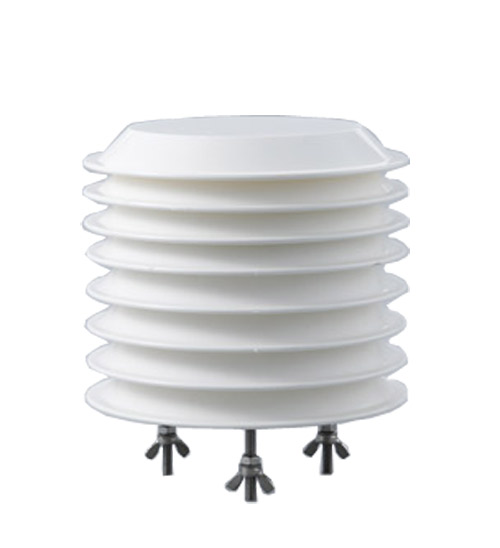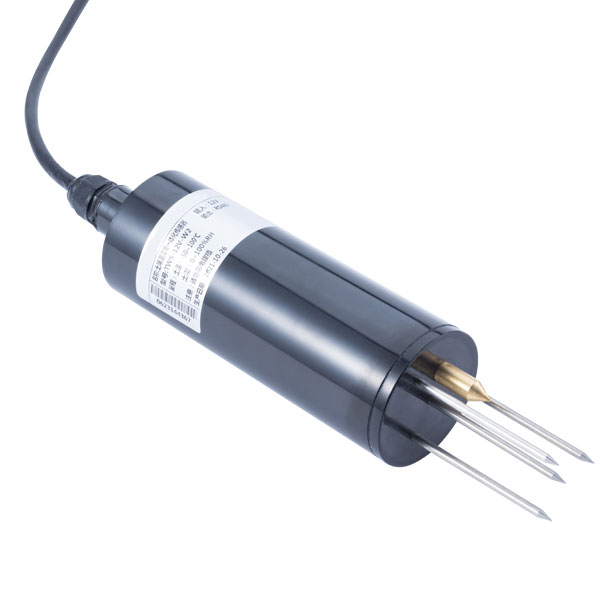

— Blogs —
—Products—
 Consumer hotline +8618073152920
Consumer hotline +8618073152920 WhatsApp:+8615367865107
Address:Room 102, District D, Houhu Industrial Park, Yuelu District, Changsha City, Hunan Province, China
Product knowledge
Time:2021-12-04 21:57:04 Popularity:1184
5G network characteristics 5G frequency band actual application range
After 5G commercial trials in 2018 and the official release of 5G operating licenses in 2019, 5G will be fully rolled out in 2020.
The full name of 5G is the fifth-generation mobile communication technology, and the 5G network and 5G frequency band are completely different things in the 5G concept. It can be said that the 5G frequency band is the basic resource of 5G communication, and the 5G network is the application basis of 5G communication.
5G frequency band
5G is a wireless communication technology, and all wireless communication technologies are inseparable from electromagnetic waves, which involves the division of electromagnetic wave frequency spectrum for various wireless communication applications.
The 5G frequency band refers to the corresponding electromagnetic wave spectrum range. Without frequency bands, wireless communication is not discussed.
5G network
The 5G network is also the 5G mobile network. Like the early 2G, 3G and 4G mobile networks, the 5G network is also a digital cellular network.
Only when the communication base station is used as the base point to form a network, various mobile terminals, such as mobile phones, can move in this network to receive radio signals in the 5G frequency band.
In this type of network, the service area covered by the provider is divided into many small geographic areas called cells. The analog signals representing sound and images are digitized in the mobile phone, converted by an analog-to-digital converter, and transmitted as a bit stream.
All 5G wireless devices in the cell communicate with the local antenna array and low-power automatic transceivers (transmitters and receivers) in the cell through radio waves. The transceiver allocates frequency channels from a common frequency pool, which can be reused in geographically separated cells.
The local antenna is connected to the telephone network and the Internet through a high-bandwidth optical fiber or wireless backhaul connection.
As with existing mobile phones, when users traverse from one cell to another, their mobile device will automatically "switch" to the antenna in the new cell.
The 5G network has the following characteristics:
The peak rate needs to reach the Gbit/s standard to meet high-definition video, virtual reality and other large data transmissions.
The air interface delay level needs to be around 1ms to meet real-time applications such as autonomous driving and telemedicine.
The large network capacity provides the connection capacity of hundreds of billions of devices to meet the needs of IoT communications.
The spectrum efficiency is more than 10 times higher than that of LTE.
With continuous wide-area coverage and high mobility, the user experience rate reaches 100Mbit/s.
The flow density and connection number density are greatly improved.
The system is coordinated and the level of intelligence is improved. It is manifested as a multi-user, multi-point, multi-antenna, multi-intake collaborative networking, and flexible and automatic adjustments between networks.
The characteristics of the above 5G network are also the key to distinguishing 5G from previous generations of mobile communications. At the same time, it is the result of the gradual transformation of mobile communications from technology-centric to user-centric.
The above are the characteristics of 5G networks and the actual application range of 5G frequency bands.
Sensors & Weather Stations Catalog
Agriculture Sensors and Weather Stations Catalog-NiuBoL.pdf
Weather Stations Catalog-NiuBoL.pdf
Related recommendations
Related products
 Atmospheric Temperature Humidity Pr···
Atmospheric Temperature Humidity Pr··· Soil Temperature Moisture Sensor 4-···
Soil Temperature Moisture Sensor 4-··· Air temperature, humidity and atmos···
Air temperature, humidity and atmos···
Screenshot, WhatsApp to identify the QR code
WhatsApp number:+8615367865107
(Click on WhatsApp to copy and add friends)